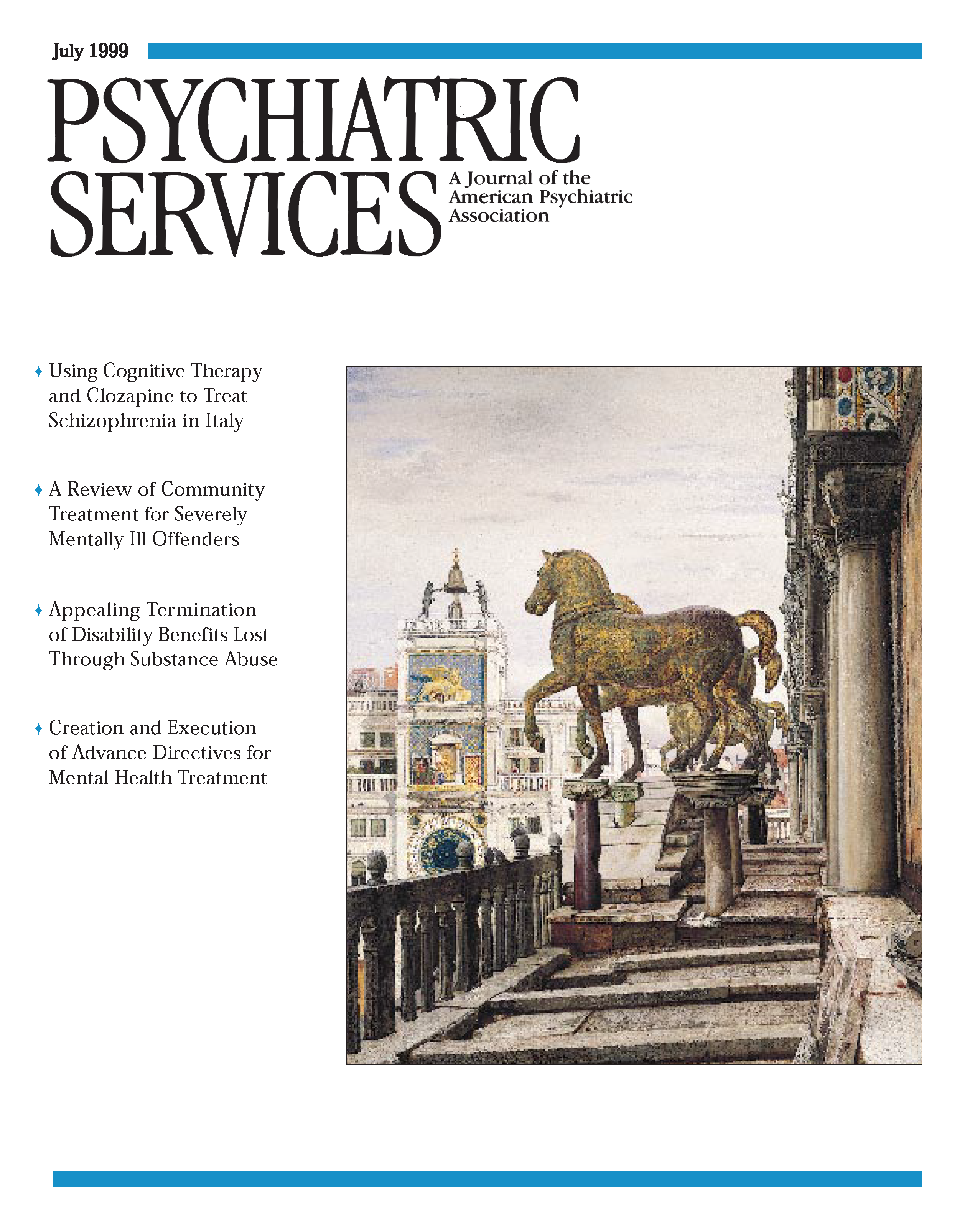Immigrants and refugees from war-torn and politically oppressive nations constitute a significant minority in the population of many North American and European communities. In addition to the psychological stress all immigrants face, many struggle with the aftermath of torture. Caring for Victims of Torture provides a thorough and direct guide to treating those who survive torture, and it will serve as an essential resource for clinicians working with this population.
Edited by James Jaranson and Michael Popkin, the book is organized around sections focusing on the historical and political contexts of torture, assessment and diagnosis of the sequelae of torture, treatment approaches, and the ethical and countertransference issues involved in treatment. All of the 29 contributors are physicians, principally psychiatrists. The chapters reflect the passion, insights, and experience the authors have gained through their work at several centers around the world that provide treatment for torture victims. The authors' commitment to their work is clear. The ethical and countertransference issues involved in working with victims of torture are frequently discussed and help the reader maintain a clinical balance in the midst of narratives of torture.
An ongoing focus of the book is the role physicians play in torture in many countries, and the difficulty victims subsequently face in accepting assistance from physicians in their treatment. The psychiatrist's initial goal is to help establish an environment of "reassurance and hope," a safe, trusting relationship for treatment and care. The authors provide practical suggestions for fostering such an environment, ranging from the site of treatment to the approach of the initial clinical interview.
A provocative chapter on the prevention of physician involvement in torture draws from the political and social antecedents of torture. It suggests approaches to understanding and then preventing physicians' involvement in such acts.
A clinician reading Caring for Victims of Torture will find helpful several chapters addressing the medical and psychiatric assessment of victims. As in other sections of the book, the authors effectively argue that the involvement of psychiatrists is crucial to assessment and to treatment planning. The authors acknowledge controversies that surround the adequacy of the DSM-IV diagnostic criteria, but expend little energy on the polemics sometimes involved in diagnostic debates. Befitting the matter-of-fact approach of clinicians who are primarily focused on providing effective care to their patients, the authors are content to write and work within the possible ambiguities of existing diagnostic criteria.
Three chapters focusing specifically on treatment cover psychoanalytic, cognitive-behavioral, and psychopharmalogical approaches. Practical guidelines for treatment are outlined, even as the authors admit that current research does not provide extensive outcome-based studies to guide treatment. Again, the reader benefits from the authors' own experiences and insights.
The contributors to Caring for Victims of Torture base their discussions on work in treatment centers that provide specialized services for torture victims. Many clinicians reading the text may wonder how they themselves can provide adequate treatment in the community and in hospital-based clinics where most individuals obtain services. The authors would have strengthened the book by addressing the issue of providing services to victims of torture within the constraints of time, resources, and funds under which most clinicians operate.
However, the authors have provided reassurance that the work is necessary and possible, as well as some guidance from which all clinicians will benefit.

